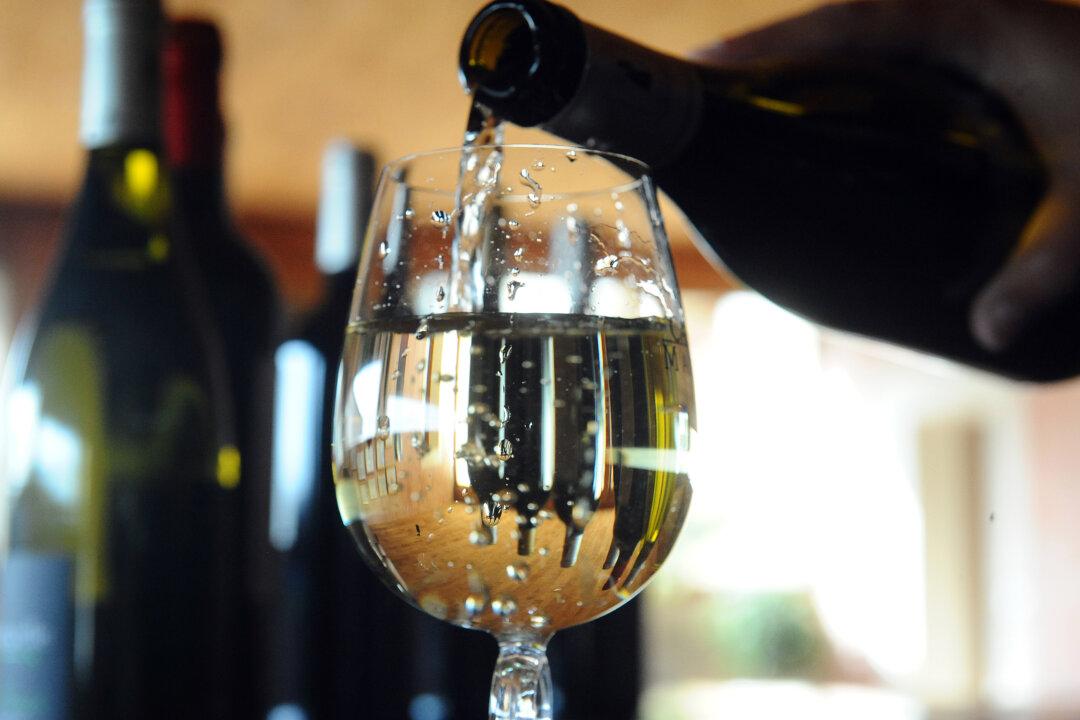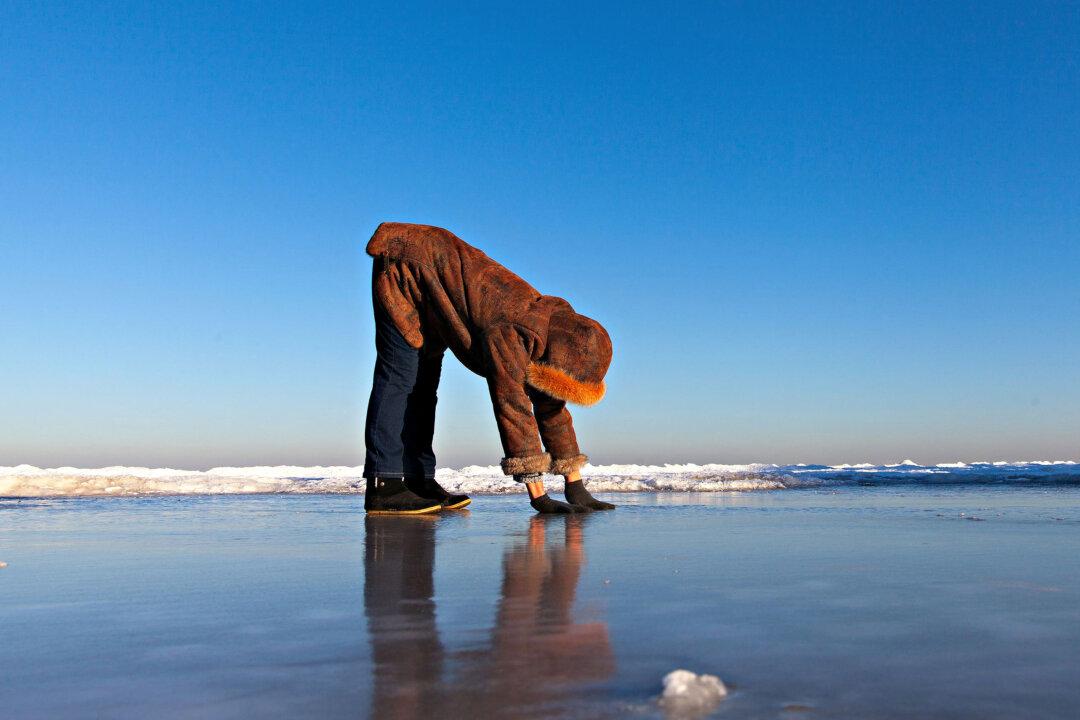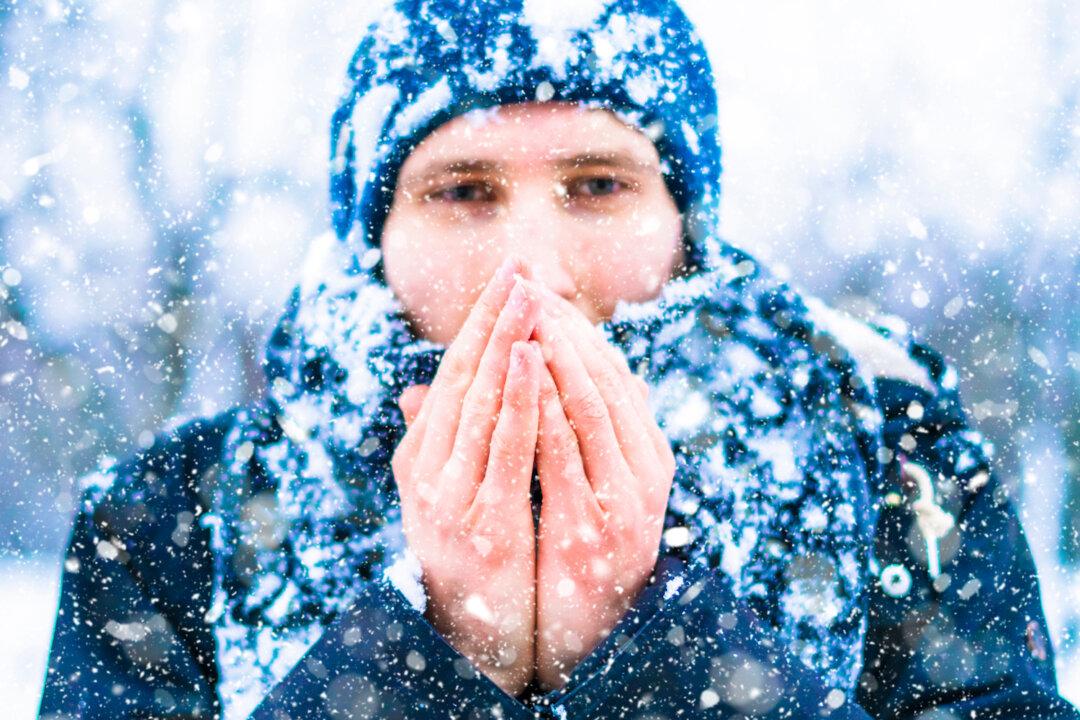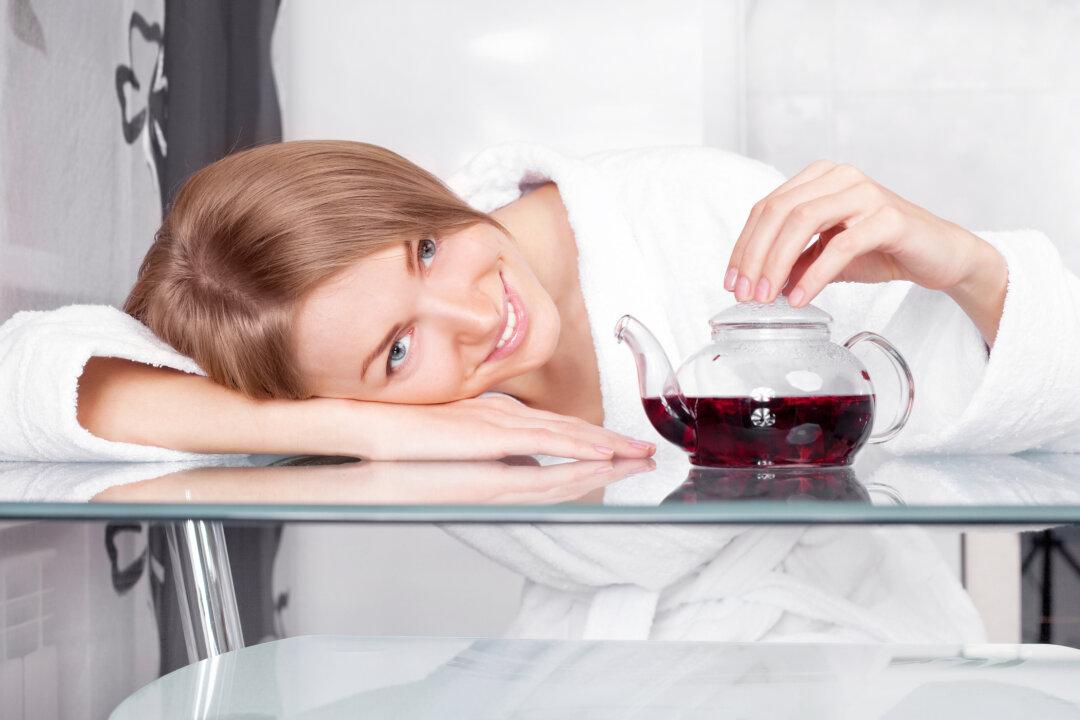I have had a number of memorable drinks in my life: a vodka gimlet sipped while gazing at the waters of Crater Lake in Oregon, or some pinot noirs enjoyed at a small vineyard tucked into the Willamette Valley countryside.
While alcohol is certainly part of my good memories, the core of these experiences was a celebration of fine moments in life.





